Policies
Libertarian Party 2022 National Convention Delegation
Board Meeting Minutes Publication Policy
Committee Reports Policy
Elected Officials Listing Policy
Policy on Affiliated Organizations
Board Meeting Minutes Publication Policy
Board Meeting Minutes Publication Policy
To provide transparency to our membership regarding the work of the board and the votes of the individual board members, minutes of board meetings should be public and timely.
1) The Secretary is expected to circulate a first draft of board meeting minutes to the Directors within one week after each board meeting.
2) The Directors are expected to send comments and corrections within one week after receiving the first draft of board meeting minutes.
3) The Secretary is expected to circulate a second draft (with changes from the first draft tracked) of board meeting minutes to the Directors between one and two weeks after the first draft was circulated.
4) If the time between the circulation of the second draft of board meeting minutes and the subsequent board meeting is less than two weeks, approval of the minutes will be taken up at the subsequent board meeting. Otherwise, the Chair is expected to put approval of the minutes to an e-mail vote.
5) Approved board meeting minutes are expected to be posted (with change tracking information removed) to the LPO archive in a word processing format and to the LPO website in a PDF/A format.
(Adopted 2017-07-17)
Committee Reports Policy
Each committee established by the board of directors is expected to adhere to the following policy regarding committee reports.
1) Committee chairs are expected to submit a written report to the Chair and Secretary at least 48 hours in advance of each board meeting.
2) Committee chairs are expected to present their reports at board meetings, or to select another committee member to do so.
3) Committee reports are expected to summarize what the committee has done since the previous report, work that is still in-progress, and what it expects to do before the next report.
4) Committee reports may contain proposed motions or resolutions, but these are not taken up automatically, and must be moved and seconded in the ordinary manner.
5) Committee reports are expected to be posted to the LPO archive, and at the Secretary's discretion may be summarized or included in part or in whole in the meeting minutes.
(Adopted 2017-08-10)
Elected Officials Listing Policy
The LPO shall list on its website, and/or inform its national affiliate to list on its behalf, all party members elected to partisan office and all party members elected to nonpartisan office who desire to be listed.
(Adopted 2017-08-10)
Policy on Affiliated Organizations
To view a PDF of the current LPO Policy on Affiliated Organizations, please click here.
(Adopted 2019-01-14)
Board Meeting Minutes Publication Policy
Board Meeting Minutes Publication Policy
To provide transparency to our membership regarding the work of the board and the votes of the individual board members, minutes of board meetings should be public and timely.
1) The Secretary is expected to circulate a first draft of board meeting minutes to the Directors within one week after each board meeting.
2) The Directors are expected to send comments and corrections within one week after receiving the first draft of board meeting minutes.
3) The Secretary is expected to circulate a second draft (with changes from the first draft tracked) of board meeting minutes to the Directors between one and two weeks after the first draft was circulated.
4) If the time between the circulation of the second draft of board meeting minutes and the subsequent board meeting is less than two weeks, approval of the minutes will be taken up at the subsequent board meeting. Otherwise, the Chair is expected to put approval of the minutes to an e-mail vote.
5) Approved board meeting minutes are expected to be posted (with change tracking information removed) to the LPO archive in a word processing format and to the LPO website in a PDF/A format.
(Adopted 2017-07-17)
Committee Reports Policy
Each committee established by the board of directors is expected to adhere to the following policy regarding committee reports.
1) Committee chairs are expected to submit a written report to the Chair and Secretary at least 48 hours in advance of each board meeting.
2) Committee chairs are expected to present their reports at board meetings, or to select another committee member to do so.
3) Committee reports are expected to summarize what the committee has done since the previous report, work that is still in-progress, and what it expects to do before the next report.
4) Committee reports may contain proposed motions or resolutions, but these are not taken up automatically, and must be moved and seconded in the ordinary manner.
5) Committee reports are expected to be posted to the LPO archive, and at the Secretary's discretion may be summarized or included in part or in whole in the meeting minutes.
(Adopted 2017-08-10)
Elected Officials Listing Policy
The LPO shall list on its website, and/or inform its national affiliate to list on its behalf, all party members elected to partisan office and all party members elected to nonpartisan office who desire to be listed.
(Adopted 2017-08-10)
Policy on Affiliated Organizations
To view a PDF of the current LPO Policy on Affiliated Organizations, please click here.
(Adopted 2019-01-14)
